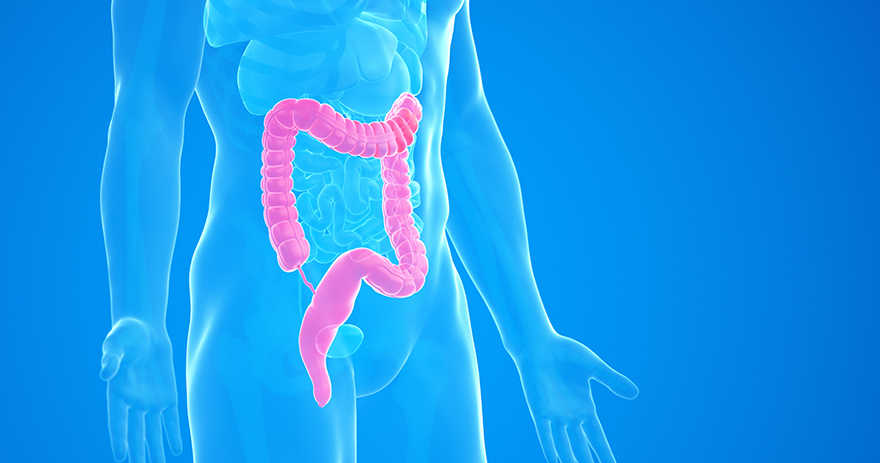Prevention is Key: Why Colonoscopies are Vital for Your Health
- Spring 2023

The American Cancer Society recommends adults start regular screening for colorectal cancer at age 45, or earlier if they have a family history of the disease. There are several ways to prevent colorectal cancer, but the most effective method is through regular colonoscopies.
Colonoscopies are considered the gold standard for colorectal cancer screening. During a colonoscopy, a doctor examines the inside of the large intestine for abnormalities, such as polyps or tumors, using a flexible tube with a camera attached to it. Any abnormal growths that are detected can be removed or biopsied to determine if they are cancerous. Regular colonoscopies can detect and remove polyps before they turn into cancer.
Aside from colonoscopies, other ways to prevent colorectal cancer include maintaining a healthy lifestyle. Here are some tips:
- Eat a healthy diet. Incorporate plenty of fruits, vegetables, and whole grains in your diet. Limit your intake of red meat and processed foods, as these have been linked to an increased risk of colorectal cancer.
- Exercise regularly. Regular physical activity can lower your risk of colorectal cancer. Aim for at least 30 minutes of moderate-intensity exercise most days of the week.
- Don't smoke. Smoking has been linked to an increased risk of several types of cancer, including colorectal cancer.
- Limit alcohol. Drinking alcohol in excess has been linked to an increased risk of colorectal cancer. The American Cancer Society recommends that men limit their alcohol intake to no more than two drinks per day and women to one drink per day.
- Know your family history. If you have a family history of colorectal cancer, you may be at a higher risk of developing the disease. Talk to your doctor about when you should start screening for colorectal cancer.
In conclusion, preventing colorectal cancer starts with regular screening through colonoscopies. Other lifestyle changes, such as eating a healthy diet, exercising regularly, not smoking, limiting alcohol, and knowing your family history can also help reduce your risk of developing the disease.
Don't wait until it's too late. If you’re age 45 or older, schedule your colonoscopy today!

